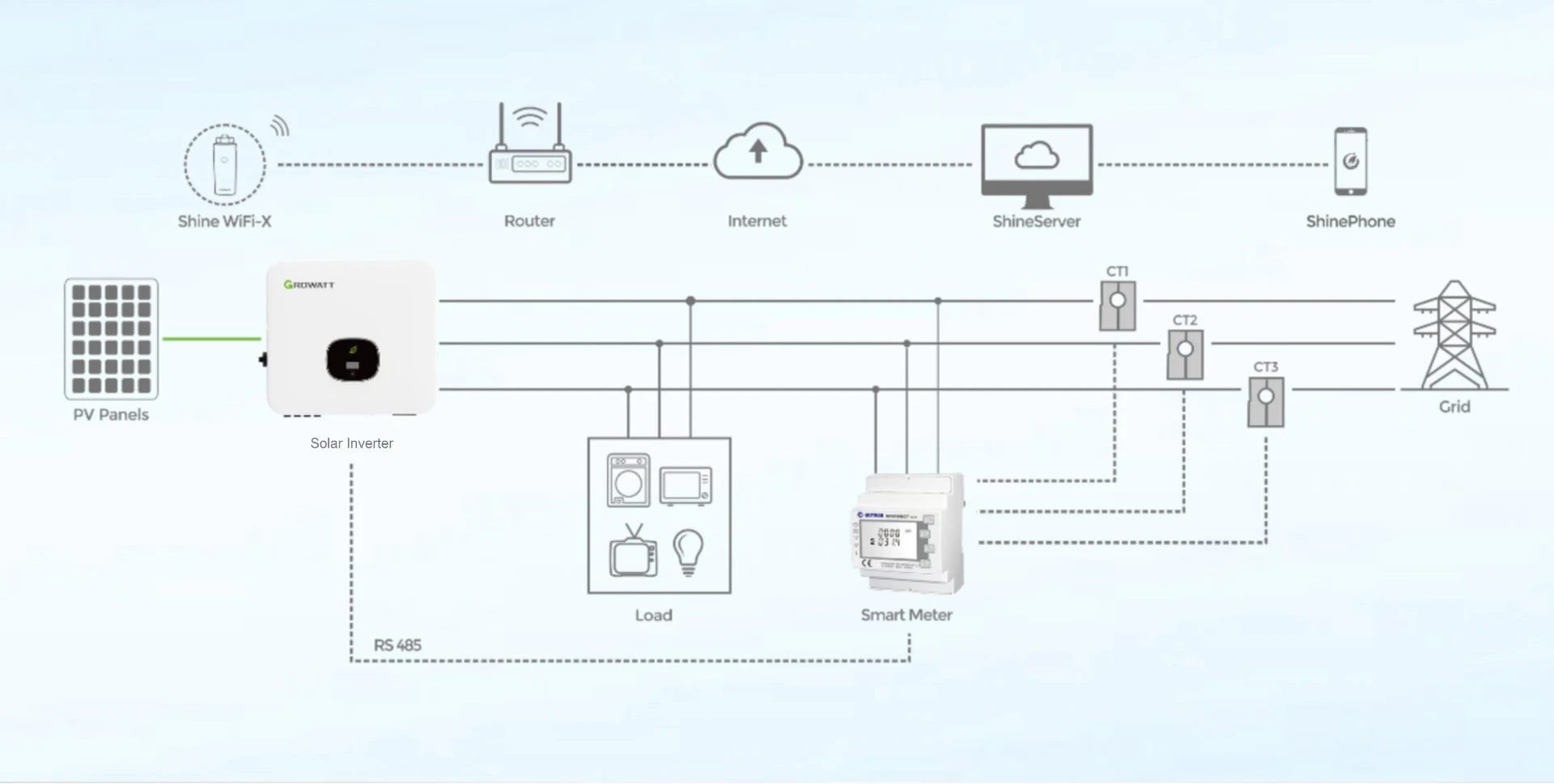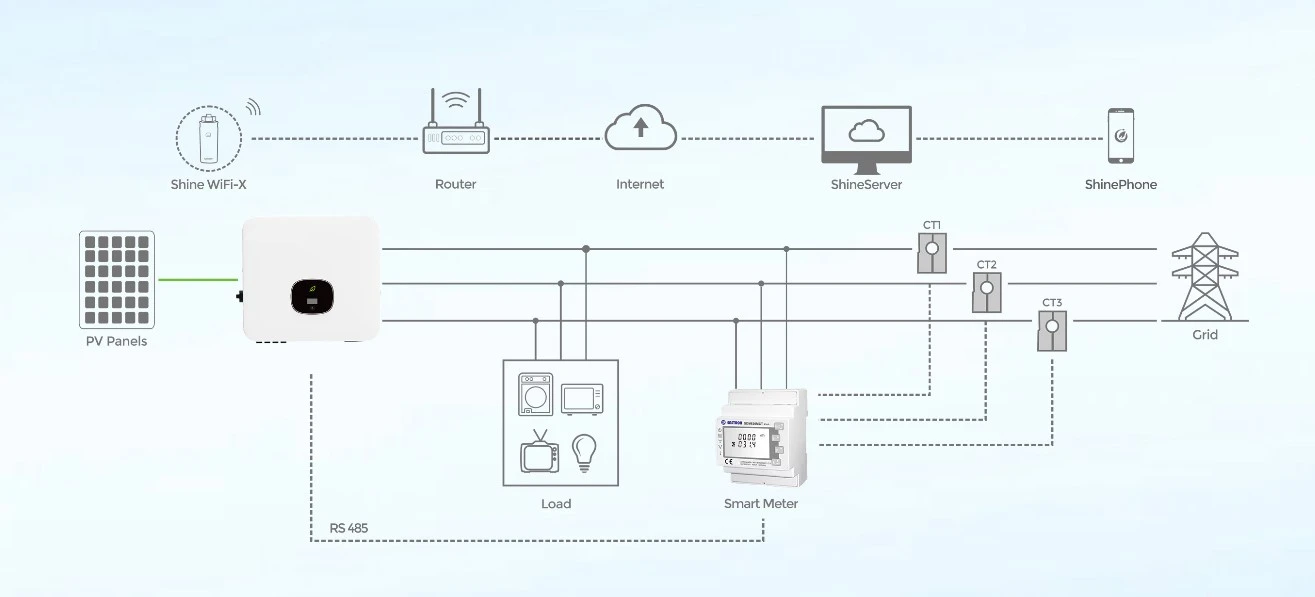solar panels for house
Exploring the full potential of solar panels for residential use requires a combination of technical knowledge, practical insights, and user experiences. As a homeowner seeking to harness the power of the sun, understanding the intricacies of solar panel implementation is crucial to maximize efficiency and returns.

Solar panels, essentially photovoltaic cells, convert sunlight directly into electricity. This clean and renewable source of energy not only reduces electricity bills but also diminishes reliance on the grid. Homeowners, through firsthand experience, often report significant reductions in their monthly utility expenses, making the initial investment worthwhile over time.
The efficiency of solar panels for home use, measured in terms of kilowatt-hours, is influenced by factors like the angle of installation, roof orientation, and local climate conditions. Experts recommend a south-facing panel placement at a tilt angle that equals the latitude of the installation site. This positioning maximizes sun exposure throughout the year, ensuring optimal energy production. Real-world data reveals that even slight deviations from optimal angles can impact energy output, underlining the importance of professional installation services.

Material choice significantly affects the performance and longevity of solar panels. Monocrystalline panels, composed of single silicon crystals, boast high efficiency rates and have become a preferred choice among knowledgeable consumers. Although more expensive than other types, these panels offer the best performance in limited space areas. Contrastingly, polycrystalline panels, while generally less efficient, provide a cost-effective alternative suitable for homeowners with ample roof space.
solar panels for house
Expert opinion underscores the necessity of pairing solar panels with other system components like an inverter, which converts direct current (DC) into alternating current (AC) for household use. Today’s market offers inverters with advanced features like Wi-Fi connectivity, enabling users to monitor system performance in real-time. Implementing battery storage systems, though optional, enhances energy independence, allowing households to store excess power for use during nighttime or cloudy days.
Trust in solar technology continues to grow due to government incentives and increasing social and environmental consciousness. Many regions offer tax credits, rebates, and net metering programs, making solar investment more accessible and appealing. Such authoritative support encourages wider adoption and provides a financial safety net, reducing entry barriers for prospective users.
From a maintenance standpoint, solar panels require minimal upkeep, further boosting their attractiveness to homeowners. Regular cleaning to remove debris and dust ensures panels operate at peak efficiency. Users commonly express satisfaction over the low maintenance demands, reporting few issues over decades-long lifespans, given panels are properly maintained.
The global shift towards green energy reinforces the importance of solar panels as a sustainable solution for homeowners. With growing expertise and technological advancements, choosing solar panels becomes a conversation about long-term investments in energy independence and environmental stewardship. Navigating these choices with comprehensive knowledge empowers homeowners to make informed decisions, contributing positively to the world’s energy landscape and their personal economic outlook.
-
Unlocking Energy Freedom with the Off Grid Solar InverterNewsJun.06,2025
-
Unlock More Solar Power with a High-Efficiency Bifacial Solar PanelNewsJun.06,2025
-
Power Your Future with High-Efficiency Monocrystalline Solar PanelsNewsJun.06,2025
-
Next-Gen Solar Power Starts with Micro Solar InvertersNewsJun.06,2025
-
Harnessing Peak Efficiency with the On Grid Solar InverterNewsJun.06,2025
-
Discover Unmatched Efficiency with the Latest String Solar InverterNewsJun.06,2025







